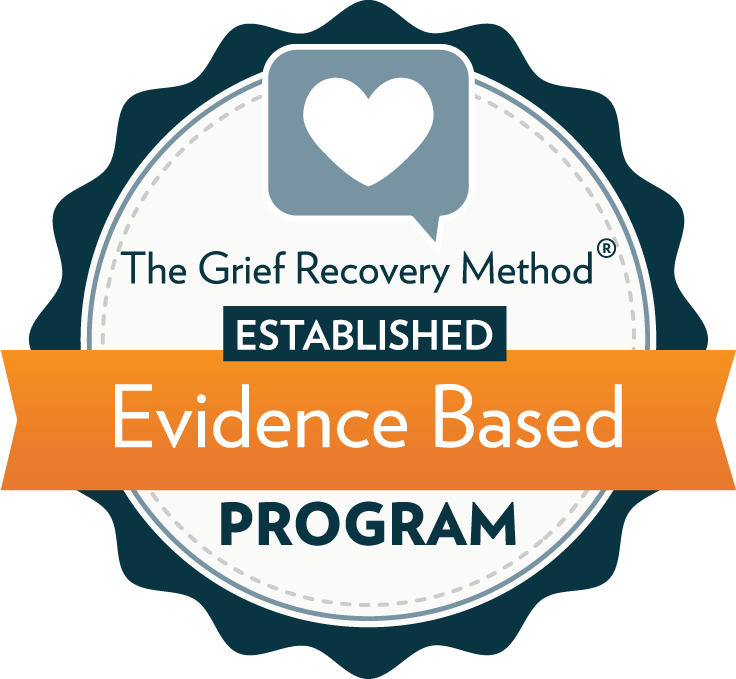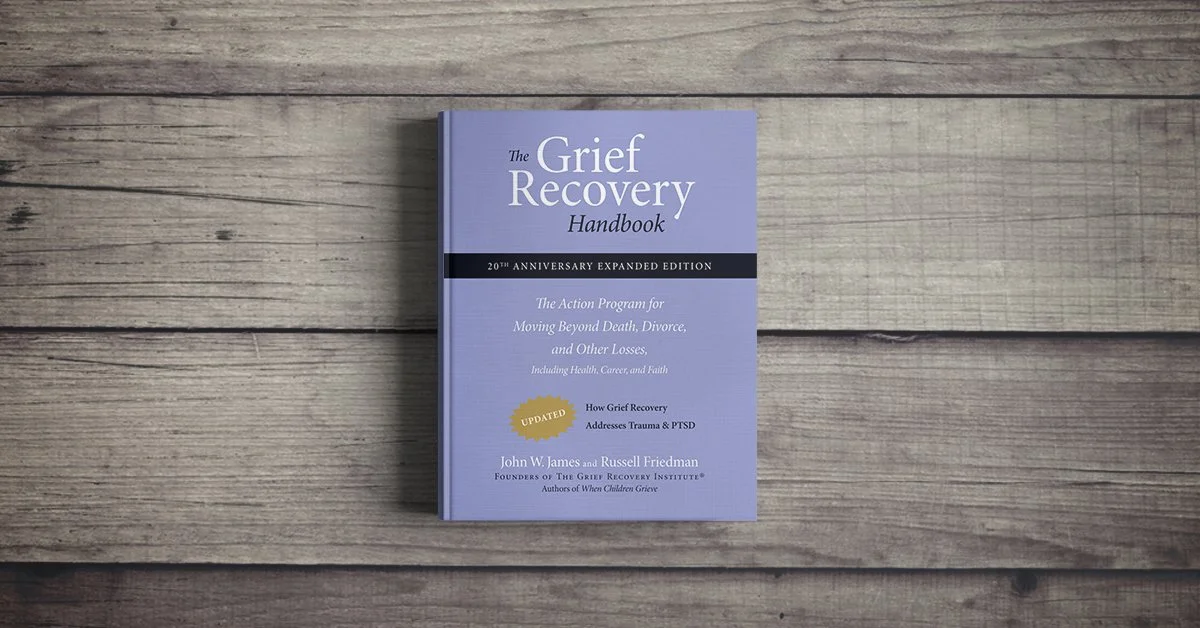
It isn’t time that heals grief as much as the actions you take in the time you have.
How it works
I tailor my support to what will make the biggest difference for you right now. Many clients begin with specialist support sessions, and most also work through The Grief Recovery Method® – the only evidence-based grief support programme in existence. It’s practical, profound, and deeply compassionate – in other words it works. My role is to adapt the process to your unique circumstances, while bringing in all my other training and experience too.
Loss isn’t something you simply ‘get over’. But in a safe, structured way, our work will address the root causes of your distress, helping you function, reconnect and rediscover joy and meaning in life again. As one client put it, our sessions helped to “hugely turn the volume down on the pain.”
Grief isn’t only about bereavement. It can also follow divorce, heartbreak, pet loss, chronic illness, workplace change, and other life events. This approach helps with those too, as well as earlier experiences that may still affect you today.
Unresolved grief often underlies burnout, anxiety, depression, addiction, or a sense that life has lost purpose. Our work directly addresses these challenges and supports lasting change.

Working with Jess
This is sensitive, focused work. We can work together 1:1 or in small groups, either online or in-person.
I’m based near Oxford, in the Cotswolds, UK.
I offer a free introductory consultation. This will help you get a sense of whether the work is a good fit, and what approach might most serve you, whether that’s specialist support sessions – for as little or as long as you need – or making a start on The Grief Recovery Method®. The next step is a preliminary assessment session.
When and if this is right for you, The Grief Recovery Method® requires a commitment to 7 sessions (8 for a group), usually weekly. You will need to complete around 1 hour of preparatory work, plus some reading each week – this preparation is essential to progress. I am contactable for support between sessions, and we agree how this will work for both of us before we begin.
1:1 sessions:
Sessions are planned to last 50-90 mins for deep work adapted to your needs.
I take on a set number of clients at a time and create waiting lists when needed.
You can read my pricing policy here.
Small groups:
We meet weekly in carefully curated groups (limited to 8 people online), with the added benefit of sharing the experience with others. If you’re apprehensive about sharing in a wider group, much of the work happens in carefully monitored pairs or groups of three. I create a safe, relaxed and totally confidential environment for this work.
Next online group starts on Tuesday 11th February 2026. More info here.
One off workshops:
If you’d like a taster, I offer free introductory workshops on navigating loss and bereavement. This is likely to reframe how you see grief and offer practical insights as to how to better support yourself and others.
How this is different from counselling and therapy
Many people try open-ended psychotherapy and counselling to process their grief. There are wonderful practitioners out there for this.
I’m a bereavement counsellor for a leading charity, and have experienced first-hand how many people find that only talking about their grief isn’t always enough to get them to a new place.
I believe there’s a clear middle ground when it comes to how I work with clients. I bring the best of my counselling skills and focus on the emotional reality you are navigating. While this isn’t therapy, it is highly therapeutic, with all the relational benefits of counselling. Like therapy, I create a safe and confidential space where you will feel seen, heard and understood.
But I don’t tend to work with people for more than two to three months. Sometimes only three sessions can be enough to make a meaningful difference. Some stay longer, but mostly because they choose to focus on other key relationships and aspects of their lives, once they experience the difference this work can make to their sense of wellbeing.
There are other vital tools I bring, too, including mentoring, coaching, psycho-education, and analytical training at Oxford. However I work with you, The Grief Recovery Method® is likely to inform much of what I do. If you choose to complete the programme with me – and we can get to that point gently, if at all – it’s a tried and tested map, with a clear start and end point, if you’re willing to commit to the seven sessions to get there.
By the end of our time together, you will feel that you can handle the losses of life with confidence, with the tools we have learned and practised together. Most people who complete their work with me report feeling less emotional pain, much lighter, re-energised and ready to engage with life in a new way.

“I feel very fortunate to have found this programme and I wholeheartedly believe that everyone would benefit from knowing the information and tools it makes available.”
Gemma, London
If you’re wondering where to start with better understanding grief, and what does (and doesn’t) help, you can’t go wrong with reading the first 5 chapters of The Grief Recovery Handbook. It’s the book I use as a starting point in much of my work, especially if you choose to be guided through The Grief Recovery Method®. Our work as grief recovery practitioners has evolved far beyond the handbook these days, but it will give you key insights into your experience of loss and the philosophy I work with.
How to take the next step…
If you’ve found yourself here, you may have also found that time doesn’t heal.
Responding to grief requires clear, compassionate action. With the right guidance, it’s the actions you take that will make all the difference. One step at a time.
If you’d like to explore working with me, book a free short consultation below. Write me a quick message in the contact form. I’ll email you back personally to arrange the best time to talk:





